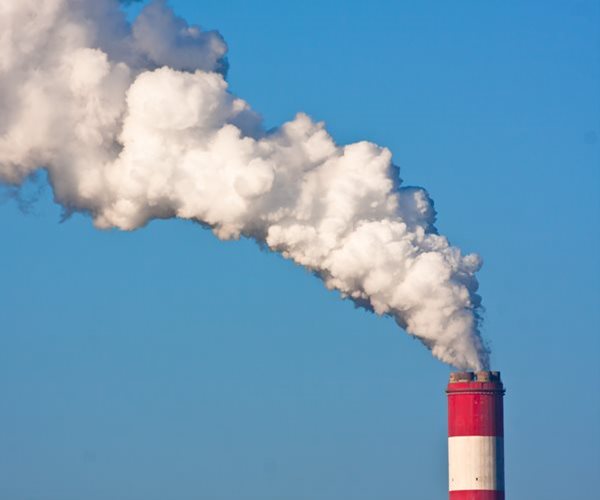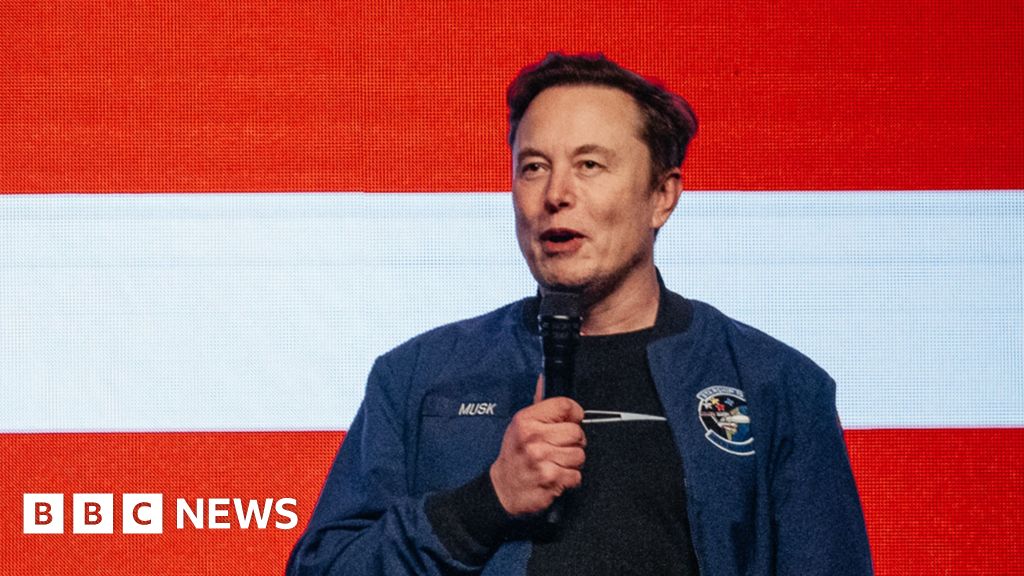
The Great Carbon Con | Newsmax.com
- Economy
- March 13, 2024
- No Comment
- 147
Let’s separate the facts from the fiction on carbon credits and carbon capture.
What is the left’s preoccupation with carbon?
They are either trying to hide it with tax credits or bury it underground utilizing carbon capture.
Carbon permeates throughout their climate dialogue starting with carbon credits.
Carbon credits are an instrument that companies can purchase to offset their greenhouse gas emissions. Theoretically, the funds used to purchase the carbon credits go to support projects that reduce or remove carbon dioxide and other greenhouse gas emissions from the atmosphere.
In practice, it is nothing more than a con.
The carbon credit con can start with an owner of forest land creating a carbon credit by vowing not to cut down the trees presently on the land. The land owner then sells for a fee the carbon credits to a company trying to offset its greenhouse gas emissions. How do we know if the land owner ever had any intention of cutting down the trees on his land? This is a sleigh of hand, a fabrication.
Unregulated
Carbon credits suffer from other problems. The carbon credit industry is unregulated. Standards are vague for carbon credits, which allows for what some believe to be overstatements of emission reductions. Many carbon credits are not supported by any audit and the audits applied are questionable.
The impact of carbon credits on the reduction of greenhouse gas emissions is not clear. Some have argued that carbon credits allow the purchaser to pay a small price to avoid reducing their own emissions. The net result is that carbon credits are an avoidance tactic that may not actually reduce any greenhouse gas emissions. The only benefit may be to those selling carbon credits, where the current market is estimated to exceed $1 billion and is expected to grow to $250 billion by 2050.
Carbon capture is an extension of the greater carbon con.
Carbon capture is a process that calls for the collecting of large amounts of carbon and the transportation of such carbon, generally by pipeline, to underground facilities for storage.
What problems does carbon capture pose?
Carbon capture will require the construction of tens of thousands of miles of pipeline for the transportation of carbon dioxide to underground storage sites, which has met with political and public resistance; will require the use of eminent domain to seize private property; is unsightly in appearance and expensive; and raises permitting, regulatory, environmental and other problems related to the construction of such pipelines. In line with the pipeline issue, most underground storage sites are in remote areas that are not attractive to the building of power plants.
The economic benefits of carbon capture are unclear, and the regulations pertaining to carbon capture are still being formulated. Some have challenged whether carbon capture will be as effective at reducing emissions as competing technologies. Carbon capture is unproven, especially at scale. Early attempts at commercial power plants in North America utilizing carbon capture technology have proven to be problematic or resulted in failure.
The cost to install a carbon capture system on a power plant is expensive and can exceed $1 billion. As carbon capture will allow companies to store carbon underground, it will not stop companies from continuing to produce carbon emissions.
Safety Concerns
Additionally, underground carbon storage raises many issues. Is underground carbon storage and the related transport piping safe? Are the underground storage sites, transport piping and/or well seals susceptible to leakage? What would the impact of any leakage be to water supplies, the atmosphere and otherwise? Is there sufficient under underground storage space available to meet our present and future needs? By some accounts underground onshore storage facilities are already gradually running out of space and becoming increasingly expensive.
Despite all of the problems and open issues related to carbon capture, the Biden administration and others on the left fully support the process. Of course, these are many of the same people that under the Obama administration funded many failed clean energy companies, including solar power firms Solyndra and Abound Solar, electric car manufacturer Fisker Automotive and battery maker A123 Systems.
Ultimately, carbon capture is an unproven and expensive technology, with many negative aspects and open questions, that appears to have limited benefits.
Rather than put the funds and resources of the United States into the cons of carbon credits and carbon capture, the Biden administration should be steering away from the climate change hoax and concentrating on concrete measures to help the country. These climate change initiatives hurt our economy and security, while enhancing the position of some of our adversaries which are giving little more than lip service to climate change.
In summation, we must consider the facts and not be fooled by the fiction.
And that’s my take
_______________
Perry V. Kalajian is an attorney, consultant, and analyst with extensive experience in the areas of banking, finance, and restructuring. He possesses multiple degrees in each of the areas of business and law. Mr. Kalajian has had numerous appearances on Newsmax TV.
© 2024 Newsmax Finance. All rights reserved.
#Great #Carbon #Con #Newsmax.com









